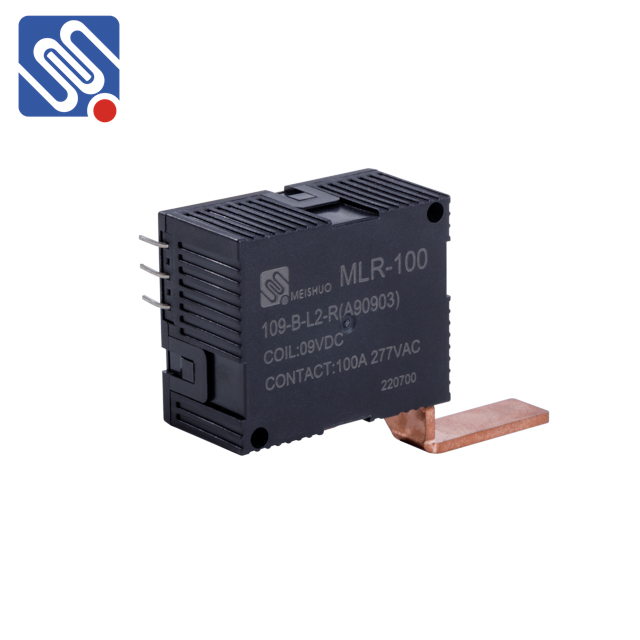understanding relay parameters and the role of meishuo in optimizing performance
Release time:2025-05-01 14:53:48
In the realm of telecommunications and networking, understanding relay parameters is crucial for optimizing the performance of communication systems, especially in environments that require data transmission over long distances. A relay in a network context typically refers to an intermediate device that helps extend the range of communication signals, ensuring that data reaches its destination even when direct transmission isn’t feasible. This article aims to explore relay parameters in depth and highlight how companies like Meishuo are playing a significant role in improving relay systems’ efficiency and functionality.

What Are Relay Parameters?
Relay parameters are essentially the metrics or characteristics that define the performance of a relay device in a network. These parameters can influence the speed, reliability, and overall quality of the data transfer process. Common relay parameters include transmission power, signal-to-noise ratio (SNR), delay, throughput, and error rate. Each of these parameters plays a specific role in the communication process and needs to be optimized for the system to function at its best.
Transmission Power: This refers to the amount of power a relay uses to send signals to other devices in the network. Higher transmission power can extend the range of the relay, but it can also lead to more interference and higher energy consumption.

